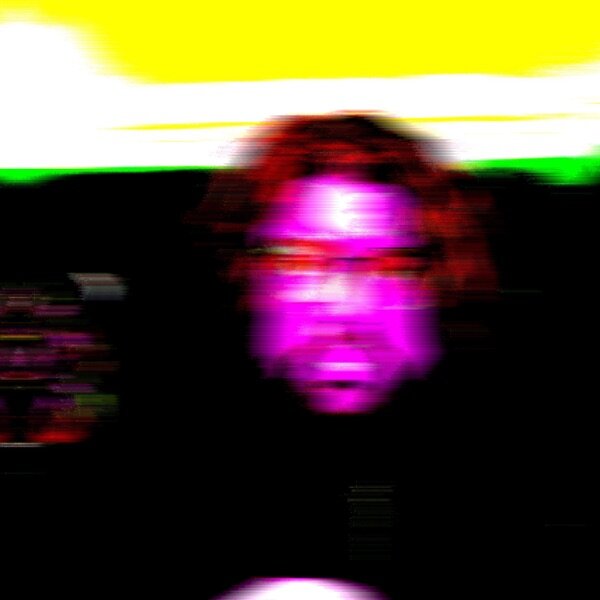Temarram : Dua Empat
Temarram
Dua Empat
“Dua Empat” is Indonesian post-punk outfit Temarram's sophomore single. Building upon the atmospheric flavour of band’s first release, “Hilang”, “Dua Empat” is a slow, drawn out piece that successfully captures the themes of introspection, meaningless and escapism – a welcome modern take on the stylistic conventions set by their ‘80s new-wave influences such as In the Nursery and Dead Can Dance.
The band sets the stage for the track with understated synths, creating space for its remaining instruments to gradually layer themselves on top of the arrangement. The synthetic strings that follow this section introduce the song’s main hook – emblematic of the analog synths used in ‘80s new wave. This hook is also accompanied by an equally catchy bass guitar riff. Analog synthesizers and legacy equipment are a hallmark of “Dua Empat”, with the track’s drums emulating the legendary Roland MC-4 sounds of groups like New Order and Depeche Mode.
On its first verse, vocalist Sherina croons with lines that are as haunting as they are mesmerising. Described by the group as a “Muffled cry against the futility of monotonous life”, the track’s lyrics express a futile frustration that’s perfectly encapsulated by its vocal performances. These ideas are further elucidated with the entry of synth programmer Regga’s sombre and funerary vocals – which sharply contrast with Sherina’s soft and mellow cries. The track ends on a final verse from the two over its instrumental hook, albeit fading out anticlimactically.
Although not as structurally ingenious as their preceding single, which featured an extended intro leading into a dynamic post-punk drive, “Dua Empat” is a worthwhile addition to Temarram’s discography and Indonesia’s burgeoning post-punk scene. Its concepts of monotony, despair and melancholy come through the track’s trance-inducing sonics and introspective lyricism, making it a must listen for fans of the genre.







